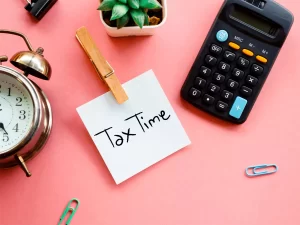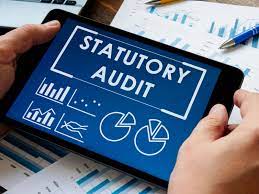![]()
Statutory Audit of Fuel Dealers
Indeed, here are the key regulations governing the statutory audit of fuel dealers in India:
1. The Companies Act, 2013:
The Companies Act, 2013 is the primary legislation that governs the statutory audit of fuel dealers.
The Act requires all fuel dealers with a turnover of more than Rs. 25 crores to undergo statutory audit.
The Petroleum Act, 1934: The Petroleum Act, 1934 is another important legislation that governs the statutory audit of fuel dealer.
The Act requires all fuel dealers to maintain proper records of their transactions and to submit these records to the authorities for inspection.
2. The Central Excise Act, 1944:
The Central Excise Act, 1944 is a tax law that governs the taxation of goods in India. The Act requires all fuel dealers to pay excise duty on the goods they sell.
The Act also requires fuel dealers to maintain proper records of their excise duty transactions and to submit these records to the authorities for inspection.
3. The Income Tax Act, 1961:
The Income Tax Act, 1961 is a tax law that governs the taxation of income in India. The Act requires all fuel dealers to pay income tax on their profits.
The Act also requires fuel dealers to maintain proper records of their income tax transactions and to submit these records to the authorities for inspection.
In addition to these laws, there are also a number of guidelines and regulations issued by the government that govern the statutory audit of fuel dealers.
These guidelines and regulations can be found on the websites of the relevant government agencies.
The statutory audit of fuel dealers is a complex and demanding process.
It is important for fuel dealers to be aware of the key regulations that govern the audit and to comply with these regulations in order to avoid penalties.
Here are some of the key things to keep in mind regarding the statutory audit of fuel dealers:
1. The audit must be conducted by a qualified auditor who is registered with the Institute of Chartered Accountants of India (ICAI).
2. The auditor must follow the relevant auditing standards and guidelines.
3. The auditor must report on the accuracy and fairness of the financial statements of the fuel dealer.
4. The auditor must also report on any fraud or irregularities that they have found during the audit.
5. The statutory audit of fuel dealer is an important tool for ensuring the transparency and accountability of these businesses. It helps to protect the interests of stakeholders, such as investors and consumers.
To visit: https://www.mca.gov.in/

For further details access our website: https://vibrantfinserv.com
